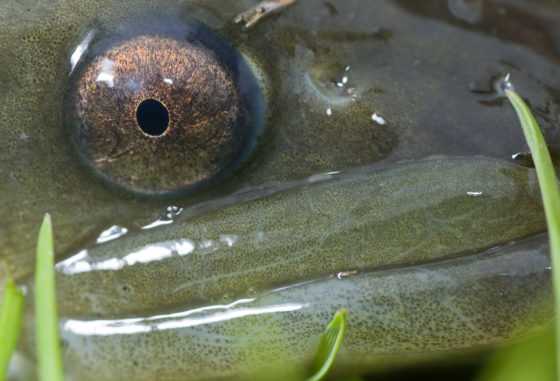
The advice on fishing opportunities for European eel in 2022 from the International Council for the Exploration of the Sea (ICES) on 4 November clearly stated that when applying the precautionary approach there should be “zero catches in all habitats in 2022”, including catches for restocking and aquaculture.
This scientific advice was ignored by the Fisheries Ministers at the Council meeting beginning Sunday, where fishing opportunities for 2022 were agreed. Instead, a roll-over of the current three-month eel fishing closure, as proposed by the Commission was adopted.
Today’s decision on eel is not in line with the principles for setting fishing opportunities listed by the Slovenian Presidency at the beginning of the press conference, including the precautionary principle, the Maximum Sustainable Yield (MSY) objective of the Common Fisheries Policy, scientific advice and an ecosystem-based approach.
– This is really not a great deal for eels. It may not even result in lower catches next year. The EU must take much stronger action to reduce mortality and give the European eel population a better chance to recover, says Niki Sporrong, Eel Project Manager at FishSec. It also needs to show a stronger support for international, pan-population efforts to aid eel recovery.
In a report released earlier this year, the Fisheries Secretariat shows that so far Member States have been more likely to protect their fishing sector than the eels when implementing the three-month closures. With today’s agreement, the legal provisions for the closures have been made more stringent, emphasizing the need to protect eels during peak migration.
The ban applies to all life stages and fisheries in Union waters, including brackish waters such as estuaries, coastal lagoons and transitional waters. Next year, Member States will have “to ensure that the prohibition covers the periods of the highest migration of European eel”. They shall also “communicate the determined period to the Commission together with the supporting information justifying the chosen prohibition period” by 1 June 2022.
The provision adopted for the Mediterranean is in line with Recommendation GFCM/42/2018/1 adopted by the General Fisheries Commission for the Mediterranean (GFCM) which establishes management measures for European eel in the Mediterranean, including inland waters.
The Commission proposal for “other Union waters” tabled on 6 December was agreed without change, according to sources within the Commission: st14730.en21
The Commission is planning a wide-ranging consultation with stakeholders on how to further reduce the mortality of European eels in 2022, and a letter to start this process has already been sent out to the Advisory Councils: 211210 Letter to ACs – European Eel.